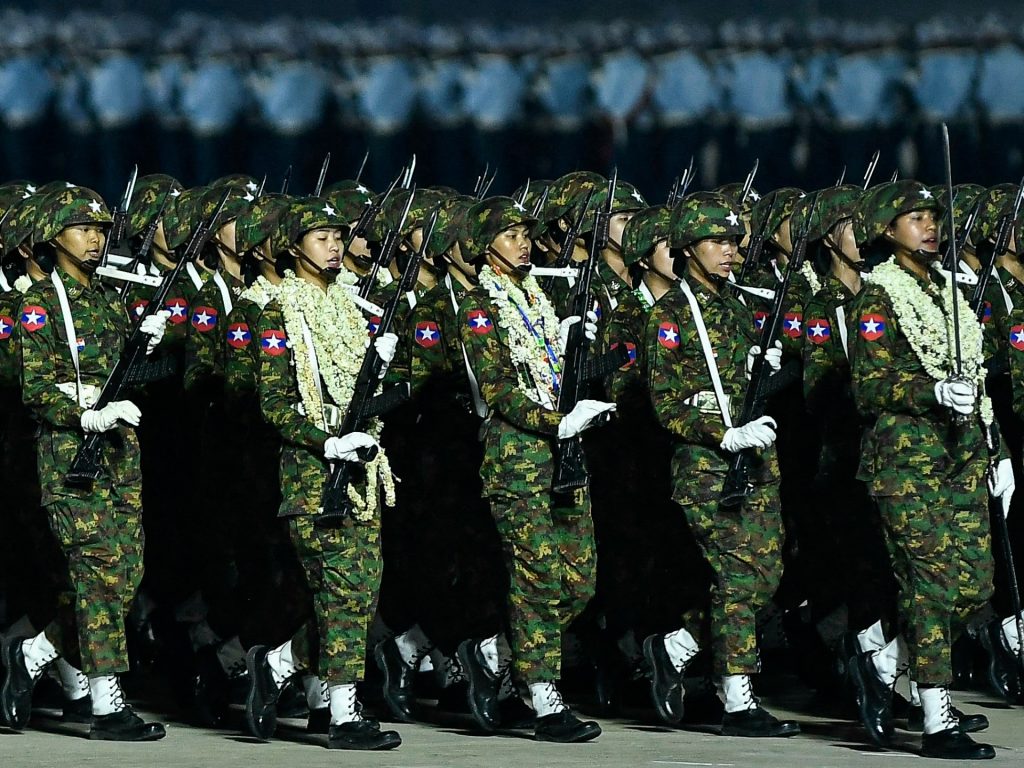UN investigators say more than three million people have been displaced in Myanmar’s escalating conflict in the last six months.
Crimes against humanity and war crimes by Myanmar’s military have escalated at an “alarming” rate, United Nations investigators have warned.
Systematic torture, gang rape and abuses against children have increased under the military government, the UN body investigating human rights violations in the country said in a report on Tuesday.
Investigators said that more than three million people have been forced to flee their homes in the last six months, as the continuing conflict intensifies since the 2021 coup.
“We have collected substantial evidence showing horrific levels of brutality and inhumanity across Myanmar,” said Nicholas Koumjian, the head of the UN’s Independent Investigative Mechanism for Myanmar (IIMM).
In its annual report, the IIMM said the conflict in Myanmar had “escalated substantially” in the past year, “with reports of more frequent and brutal crimes committed across the country”.
More violent war crimes have been uncovered by the UN monitors, ranging from aerial attacks on schools, religious buildings and hospitals that are not military targets, to beheadings and public displays of disfigured and sexually mutilated bodies.
The investigators are also examining the unlawful imprisonment of perceived opponents of the military government.
“Thousands of people have been arrested and many tortured or killed in detention,” the IIMM said, adding that there is also evidence of torture in detention.
The report documented torture methods ranging from electric shocks and pulling out detainees’ fingernails with pliers, to dousing them in petrol and setting them alight and more.
The IIMM found that crimes – including rape – were committed against all genders, as well as children.
The military government came to power in the February 2021 coup that ousted Aung San Suu Kyi’s elected government, ending the country’s decade of democracy.
The government has since been accused of crushing resistance to its rule by ethnic rebel groups and pro-democracy forces.
The IIMM’s report, based on 28 million items of information from 900 sources, also found evidence of crimes committed by armed groups fighting against the military.
Koumjian said the IIMM is building criminal cases against those most responsible.
“No one has been held accountable for any crimes, which emboldens perpetrators and deepens the culture of impunity in the country. We are trying to break this cycle,” he said.

